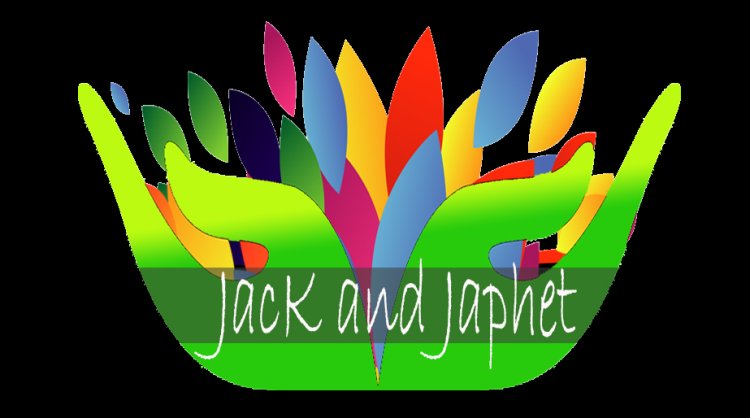Filipina celebrities define the female struggle
HUMILITY, humor, and humanity are three qualities that a “shero” or female hero must have, said Filipina celebrities at a discussion held to commemorate International Women’s Month. Insurance company InLife organized the event gathering five different women to talk about their perspectives on modern feminism, albeit from different backgrounds. The session, titled “The Spot: Sheroes […]

HUMILITY, humor, and humanity are three qualities that a “shero” or female hero must have, said Filipina celebrities at a discussion held to commemorate International Women’s Month.
Insurance company InLife organized the event gathering five different women to talk about their perspectives on modern feminism, albeit from different backgrounds. The session, titled “The Spot: Sheroes in the Limelight,” took place on March 12 at The Peninsula Manila in Makati City.
The panel was composed of singer-actress Sharon Cuneta-Pangilinan, comedienne Kaladkaren, actress- comedienne Mitch Valdez, radio DJ Nicki Morena, and content creator Aryn Cristobal.
Kaladkaren, a transwoman comedienne and advocate for LGBTQ+ (lesbian, gay, bisexual, trans, queer) and women’s rights, observed that they all had to contend with the pressures of society.
She quoted the iconic monologue delivered by America Ferrera in the 2023 film Barbie: “You have to be thin, but not too thin … You have to have money, but you can’t ask for money because that’s crass. You have to be a boss, but you can’t be mean. You have to lead, but you can’t squash other people’s ideas. You’re supposed to love being a mother, but don’t talk about your kids all the time. You have to be a career woman, but also always be looking out for other people.”
To conclude, Kaladkaren pointed out that it could be summarized in Bea Alonzo’s famous line in the 2013 blockbuster Filipino film Four Sisters and a Wedding. “Bakit parang kasalanan ko (Why is it always my fault)?!” she said as she imitated the character.
A reaction to these unfair standards, the panel discussion was held in time for the 5th anniversary of InLife’s “Sheroes” program.
Filipino multi-hyphenate megastar Sharon Cuneta-Pangilinan, said there are many ways to empower women: through financial education, health and wellness, women-specific solutions, and access to business and social networks.
“We, as public figures, have a responsibility. What we advertise and promote should be true, authentic, sincere,” she told the press after the event.
With InLife, she has been able to give financial advice to Filipinos, like doing ample research before investing in anything and diversifying one’s assets. “People listen, so we can’t just say anything,” Ms. Cuneta said.
Influencer and content creator Aryn Cristobal’s struggle was with expectations put on her by society, in the form of titas (aunts) who judged her life choices.
Not only was she single after an engagement that was broken off, and working freelance, but she also swore off having children. “I decided I wanted to focus on giving back and taking care of my mother instead of starting a family as is expected of many women my age,” Ms. Cristobal said.
The decision allowed her to break free from outside forces, to finally “take ownership of her life.” Women can get fulfillment from many things — whether it’s starting families, building a career, or being independent, she added.
Renowned actress-comedian-singer Mitch Valdez said she resonated with Ms. Cristobal’s lifestyle as well. “I was really a hubadera when I was younger,” she said, using a term that means a woman who wears revealing clothes. However, one instance where she had to prove that women could do many things was when she filled in for an absent male vocalist in her band.
“Imagine; I had to sing both the male and female parts!” said Ms. Valdez. She then performed a hilarious set where she impressively did just that.
As a woman who grew up in typhoon-prone Samar and moved to Metro Manila to be a breadwinner for her family, radio DJ and TV host Nicki Morena said, “I had to find confidence in myself, as a probinsyana (provincial), as a Bisaya.”
Her perseverance helped her stay on track and she has “never looked back since.” For her, it is important that women be free to do such. — Brontë H. Lacsamana














